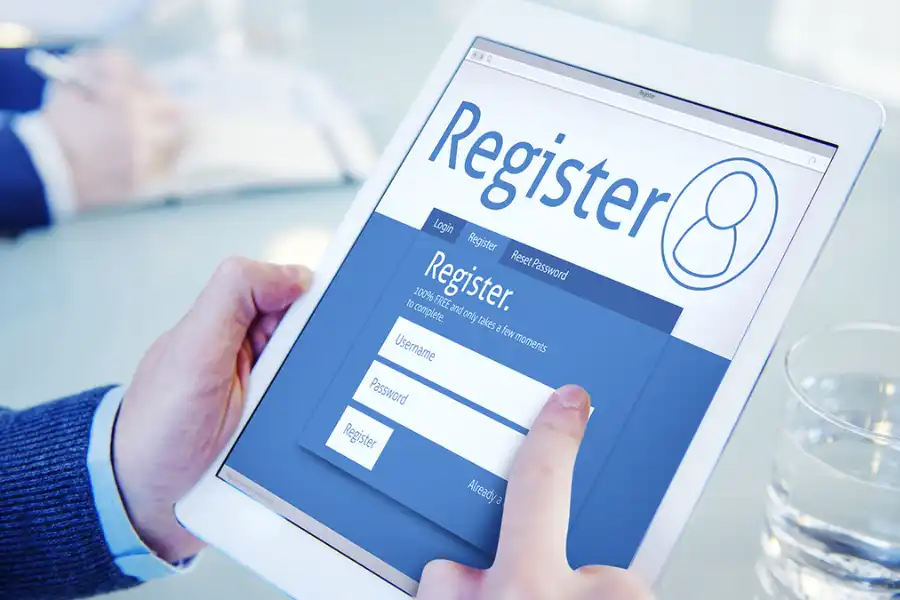Key Features:
- RCM can boost revenue by 25% through efficient management of financial processes.
- Efficient patient registration and insurance verification simplifies registration with electronic forms and automates insurance verification.
- Streamlined billing process integrates billing solutions with EHR platforms and offers electronic billing options.
- Timely submission of claims uses RCM to automate claim submissions and monitor status for prompt action.
- Effective denial management utilizes RCM software to identify denial trends and minimize revenue loss.
- Patient payment optimization and continuous improvement recover payment procedures, offer diverse options, and invest in staff training for ongoing growth.
Are you looking for a seamless boost in your revenue with minimal effort? Look no further than Revenue Cycle Management (RCM). This dynamic solution streamlines the financial processes of your business, from initial patient registration to the final collection of payments. By harnessing RCM strategies effectively, you elevate your revenue by 25% or more. Here are key insights to help you achieve this remarkable growth:
Efficient Patient Registration

Efficient patient registration is the cornerstone of a successful revenue cycle. Introducing user-friendly electronic registration forms can expedite the process and minimize errors. It’s essential to ensure your staff is well-trained to accurately gather all necessary information.
Additionally, consider implementing automated eligibility verification processes to promptly confirm insurance coverage. By streamlining these procedures, you enhance patient satisfaction and reduce administrative burdens on your healthcare facility.
Insurance Verification
Ensuring prompt validation of insurance particulars is essential to forestall delays and refusals in payments. Revenue Cycle Management (RCM) tools furnished with automated authentication functionalities can effortlessly authenticate patient insurance data against payer repositories. It alleviates the administrative load on your personnel and guarantees that claims are accurately lodged with all requisite details.
Automated authentication procedures streamline the operational flow, enabling your team to concentrate on patient well-being rather than clerical duties. Precise insurance authentication mitigates the prospect of claim repudiations. It provides a comprehensive approach to managing revenue cycles.
Streamlined Billing Processes

Streamline your invoicing procedures to hasten revenue acquisition. Employ billing solutions that sync seamlessly with your electronic health record (EHR) platform to produce precise and transparent invoices. Integrate automated encoding and fee acquisition features to reduce billing discrepancies and enhance reimbursement potential.
Provide patients with electronic billing alternatives to expedite payment processing. Uphold adherence to healthcare statutes and benchmarks to uphold credibility and clarity in billing protocols. Routinely evaluate billing methodologies and enhance staff education to accommodate regulatory shifts and enhance revenue yield.
Secure your practice’s financial health with the ultimate defense: Liability Insurance for Medical Billing!
Staff Training and Development
Invest in comprehensive training initiatives to ensure your staff can navigate RCM complexities. Provide ongoing education on industry regulations, payer policies, and billing best practices to keep your staff abreast of developments.
Cross-train staff members to ensure seamless coverage and continuity in RCM processes. Invest in comprehensive staff training to ensure proficiency in RCM. It helps to foster collaboration and knowledge sharing among teams through ongoing education on regulations and payer policies.
Timely Submission of Claims

Ensuring timely submission of claims is crucial for expediting revenue realization. Revenue Cycle Management (RCM) solutions can automate the process. It guarantees claims are promptly transmitted to payers upon service delivery. It’s imperative to consistently monitor claim status to promptly identify any rejections or delays and address them swiftly to prevent revenue loss.
Ensuring timely claim submission and rectification of rejections is crucial to avoid revenue loss using automated procedures provided by professional medical billing companies. Employ analytics tools to detect and prevent claim denials to optimize the performance of the revenue cycle.
Effective Denial Management
Establishing robust processes for managing denials is essential for addressing rejected claims efficiently. Implementing RCM software with denial tracking capabilities can help identify trends and root causes of denials. Enhance your claims acceptance rate and minimize revenue leakage by addressing coding errors and insufficient documentation.
Utilize RCM software effectively to track denials, identifying trends to improve claims acceptance rates. Regularly analyze denial data for targeted interventions, minimizing revenue leakage and enhancing financial performance.
Patient Payment Optimization

Enhance patient payment procedures to boost revenue collection and improve patient satisfaction. To accommodate patients ‘ financial preferences, provide diverse payment alternatives, including online portals and installment plans. Furnish transparent and comprehensible cost estimates upfront to mitigate surprises and facilitate prompt payment.
Educate patients about their financial obligations and offer financial advisory services as necessary. Furnish financial counseling services to aid patients in comprehending and managing their responsibilities. Evaluate and refine payment procedures to align with evolving patient needs and preferences.
Revenue Analysis and Reporting
Routine scrutiny of revenue data is imperative for identifying trends and improvement opportunities. Employ RCM software with robust reporting functionalities to monitor key performance indicators (KPIs) such as days in accounts receivable (AR) and collection rates.
Regularly analyze revenue cycle metrics to pinpoint inefficiencies and implement targeted interventions to optimize revenue performance. Utilize predictive analytics to forecast revenue trends and proactively address potential challenges. Consistently review financial reports to ensure adherence to regulatory mandates and industry norms.
Continuous Process Improvement
Cultivate a culture of continuous improvement within your organization to drive ongoing refinements to RCM processes. Encourage staff to offer feedback and suggestions for process enhancement.
Conduct periodic audits and assessments of RCM workflows to identify optimization opportunities and implement requisite changes to streamline operations and maximize revenue. Encourage regular feedback from staff to facilitate process improvement. Audits also aid in identifying optimization prospects and implementing changes to streamline operations.
Outsourcing RCM Services

Consider outsourcing specific RCM functions to specialized service providers to streamline your revenue cycle further. Outsourcing can grant access to advanced technology and expertise without the overhead costs associated with maintaining an in-house RCM team.
Collaborating with a reputable RCM vendor can enhance operational efficiencies and capitalize on revenue growth opportunities. Outsourcing enables your staff to focus on core business activities, enhancing productivity and patient satisfaction. Additionally, it alleviates the burden of regulatory compliance and keeps you aligned with industry best practices.
Conclusion
Revenue Cycle Management (RCM) provides a robust framework that maximizes revenue performance and financial efficiency within healthcare entities. Through streamlined processes, strategic utilization of technology, and a commitment to ongoing refinement, RCM elevates revenue by 25% or more. Embracing RCM isn’t a strategic choice. It represents a cornerstone in pursuing enduring growth and prosperity amidst the ever-evolving healthcare environment.









